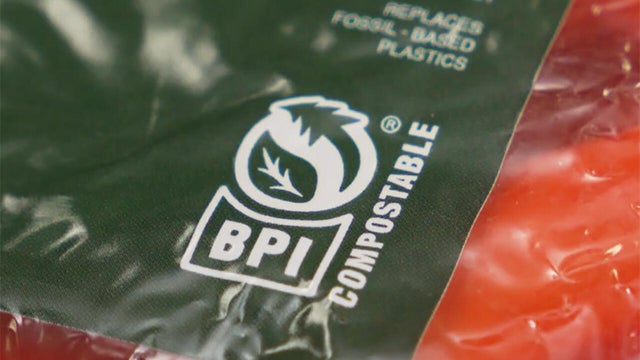
Good news you may have missed in 2025
The bad news from the past year (and there was a lot of it) drowned out much of the GOOD news that made smaller headlines. David Pogue reports on some of 2025's best underreported stories.
Watch CBS News
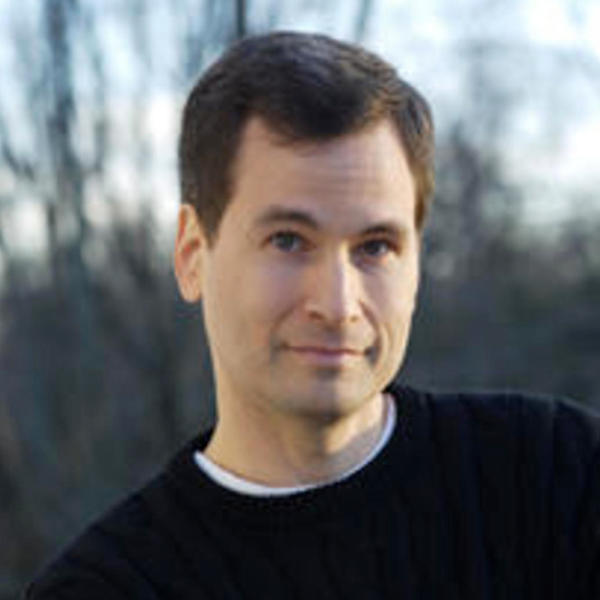
David Pogue is a six-time Emmy winner for his stories on "CBS Sunday Morning," where he's been a correspondent since 2002. Pogue is the host of the CBS News podcast, "Unsung Science." He's also a New York Times bestselling author, a five-time TED speaker, and host of 20 NOVA science specials on PBS. For 13 years, he wrote a New York Times tech column every week - and for 10 years, a Scientific American column every month.
He's written or co-written more than 120 books, including dozens in the "Missing Manual" tech series, which he created in 1999; six books in the "For Dummies" line (including Macs, Magic, Opera, and Classical Music); two novels (one for middle-schoolers); three bestselling "Pogue's Basics" book series of tips and shortcuts (on Tech, Money, and Life); and, in 2021, "How to Prepare for Climate Change."
After graduating summa cum laude from Yale in 1985 with distinction in music, Pogue spent 10 years conducting and arranging Broadway musicals in New York. He has won a Loeb Award for journalism, two Webby awards, and an honorary doctorate in music. He lives with his wife Nicki and their blended brood of five spectacular children in Connecticut and San Francisco.
For a complete list of Pogue's columns and videos, and to sign up to get them by email, visit authory.com/davidpogue. On Twitter, he's @pogue; on the web, he's at davidpogue.com.

The bad news from the past year (and there was a lot of it) drowned out much of the GOOD news that made smaller headlines. David Pogue reports on some of 2025's best underreported stories.

The a cappella quintet has won three Grammys and sold 10 million albums. Kirstin Maldonado, Scott Hoying, Mitch Grassi, Kevin Olusola and Matt Sallee talk about bringing their heavenly voices to the sounds of Christmas.

Musicologist Joe Bennett explains the common components of the most enduring Christmas songs, from "Jingle Bells" to "All I Want for Christmas Is You" – which inspires David Pogue to compose his own new holiday song.

Who dresses as St. Nick and speaks an odd brogue? Why, it's Techno Claus (a.k.a. David Pogue)! He offers "Sunday Morning" viewers his valuable tips for the gadget lovers on your gift-giving list.
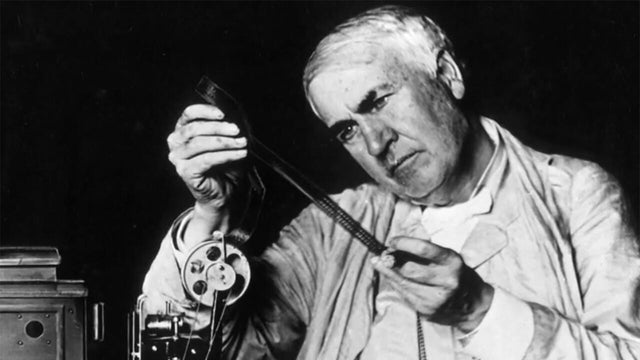
David Pogue looks at our nation's tradition of pioneering inventors, from Thomas Edison's R&D facility in Menlo Park, N.J., to today's entrepreneurs pitching their ideas to "Shark Tank."

AI has already become a disruptor in the labor market, as job postings declined over the past year by 6.7%, with entry-level positions especially hard-hit. But not all industries are affected by the push for AI.
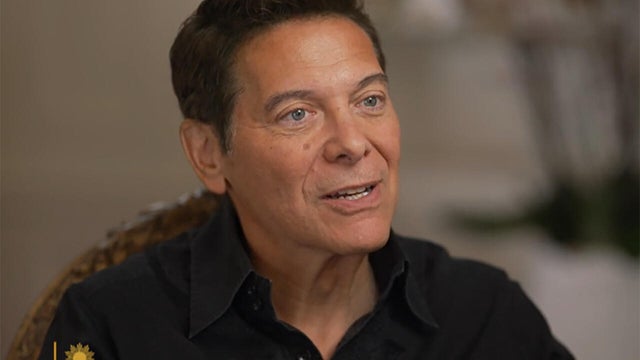
The singer's love for the Great American Songbook goes far beyond standards written by Gershwin or Porter.
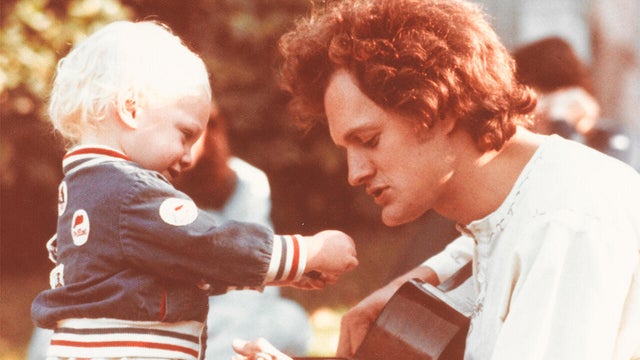
Since his death in 1981 at age 38, the singer-songwriter's legacy has only grown beyond such emotional songs as "Cat's in the Cradle" and "Taxi," to include charities he founded to address food insecurity, while living life with a simple credo: "When in doubt, do something."

Many creators on social media have a hard time making money from their work. Today, 12 years after the introduction of Patreon, the company says it's a source of regular income for more than 300,000 artists, musicians, podcasters and other creators.
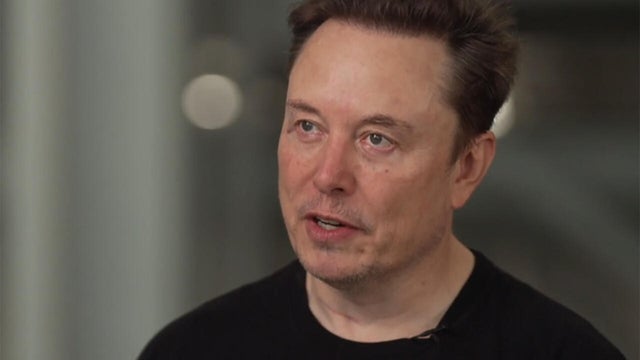
As the Department of Government Efficiency leader steps away from the White House, Elon Musk talks with "Sunday Morning" about why he believes Trump's proposed budget clashes with his team's efforts to slash the functions of government.
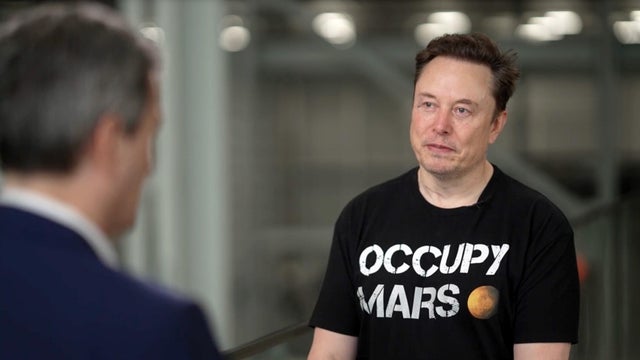
Elon Musk told "CBS Sunday Morning" that he has some "differences of opinion" with the Trump administration but feels "a little stuck in a bind" when he disagrees.

"I think a bill can be big or it can be beautiful," Elon Musk told CBS News, "but I don't know if it can be both."

In the 20 years since its first video was uploaded, YouTube has become the second-most visited website on Earth. "Sunday Morning" looks at how creators build online communities, and how artificial intelligence may fundamentally change the site.

A former Social Security Administration commissioner says those in the Trump administration trying to drive change don't understand the system and could put benefits at risk.

Carbon capture chemically removes CO2 from the air, to store or recycle into products. But is this technology – underwritten by the fossil fuel industry – an effective means to address climate change?